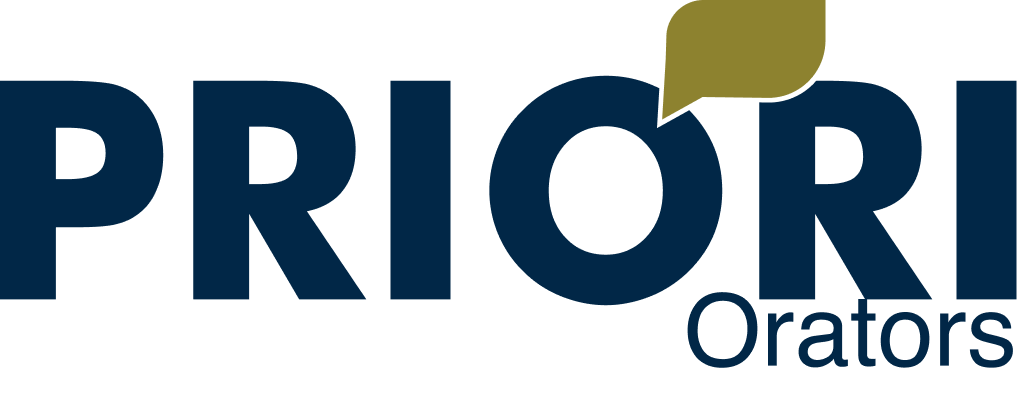Public speaking is not merely a skill—it is an art form that has the power to influence, inspire, and ignite change. At its core, effective speaking embodies leadership, combining the clarity of vision, emotional connection, and the ability to empower others. It is no surprise that individuals like Barack Obama are often heralded as exemplary speakers, as they masterfully use their voice to communicate ideas with authenticity, conviction, and empathy.
Let’s explore what makes great public speaking a true hallmark of leadership and how you, too, can lead your audience toward transformation through your words.
Leading by Example Through Your Message
Great public speakers lead by example. They do not just speak about values; they embody them. Authenticity is key—when your words align with your actions, you earn the trust of your audience. This connection goes beyond delivering information; it creates a shared space of understanding and mutual respect.
Take Barack Obama as an example: his speeches are often infused with integrity, empathy, and a genuine connection to his audience. He doesn’t just talk about hope and change—he exemplifies it. As a speaker, you must ask yourself:
- Are my words authentic?
- Do they align with my values and actions?
When you lead with authenticity, your message becomes a catalyst for trust, engagement, and meaningful dialogue.
Empowering Your Audience: Turning Listeners into Leaders
The mark of an exceptional speaker is their ability to empower others. The goal is not merely to deliver a message but to ignite action. When you share knowledge and insights, you equip your audience with tools to create change, whether in their personal lives, communities, or industries.
Consider the famous “Yes We Can” speech. It wasn’t just rhetoric—it was a rallying cry that inspired millions to believe in their collective power. You, too, can empower your audience by:
- Using Action-Oriented Language: Speak in a way that invites your listeners to participate, reflect, or take the next step.
- Providing Practical Takeaways: Offer tangible advice or strategies they can implement.
- Inspiring Hope: Even when addressing challenges, highlight the possibilities for growth and transformation.
When your audience feels empowered, they leave your speech not just inspired but ready to take action.
The Power of Listening and Feedback
Effective communication is a two-way street. While speaking is the primary mode, listening plays a critical role in connecting with your audience. Active listening during Q&A sessions, observing body language, and engaging with feedback can help you refine your delivery in real-time.
For example, when addressing a diverse audience, you might notice their reactions shift as you touch on specific topics. By “reading the room,” you can adapt your tone, pacing, or content to better resonate with their needs.
Practical tips for active listening as a speaker:
- Watch for Nonverbal Cues: Pay attention to audience expressions and body language to gauge their engagement.
- Ask Open-Ended Questions: Invite participation to better understand your audience’s thoughts.
- Embrace Feedback: Use post-speech feedback to refine and improve future presentations.
Listening creates a feedback loop where your audience feels valued, deepening their connection to your message.
Emotional Intelligence: The Secret Ingredient
What separates good speakers from great ones is their ability to connect emotionally. Emotional intelligence (EQ) enables you to understand both your own emotions and those of your audience, allowing you to create a deeper, more impactful connection.
When crafting your message, consider the following:
- What emotions are you trying to evoke? Inspiration? Empathy? Determination?
- How can your tone and body language reinforce these emotions?
- What are your audience’s emotional needs?
By addressing these questions, you ensure that your message isn’t just heard—it’s felt. Whether it’s through storytelling, humor, or a poignant pause, tapping into emotion transforms a speech from informative to unforgettable.
Adapting Your Message: Flexibility Meets Vision
A great speaker is like a skilled navigator, steering the conversation toward a destination while adjusting for unexpected winds. Having a clear vision for your message is essential, but so is the ability to adapt to your audience’s unique needs and mood.
Here’s how to master adaptability in public speaking:
- Research Your Audience: Understand their demographics, interests, and potential concerns before you speak.
- Be Present: Stay attuned to how your audience reacts during your presentation and adjust as needed.
- Tailor Your Approach: For formal settings, maintain professionalism; for informal crowds, embrace a conversational tone.
For example, a speaker addressing a corporate team might focus on metrics and strategy, while the same message delivered to a community group might lean on personal anecdotes and shared values. Flexibility ensures that your message lands, no matter the setting.
The Leadership Mindset in Public Speaking
Leadership and public speaking are inseparable. When you step onto a stage or take the floor in a meeting, you aren’t just delivering words—you are guiding people, fostering understanding, and inspiring change. Here’s how to adopt a leadership mindset in your public speaking journey:
- Lead with Purpose: Define the core message of your speech. What do you want your audience to think, feel, or do?
- Be the Example: Embody the principles you advocate for in your speech. Authenticity is leadership in action.
- Inspire Action: Frame your speech as a call to action. Leave your audience with the motivation to make a difference.
Final Thoughts: Making a Difference with Your Voice
Public speaking is about more than just eloquence—it’s about creating impact. When you speak with clarity, authenticity, and emotional intelligence, you lead your audience toward meaningful change. By empowering them to act, listening actively, and adapting to their needs, you establish yourself as not just a speaker but a leader.
Whether you’re addressing a small gathering or a global audience, remember this: your voice has the power to make a difference. Use it wisely, with purpose and passion, and watch as your words transform the world around you.
What’s your next step as a speaker? Share your thoughts in the comments and start inspiring today!







